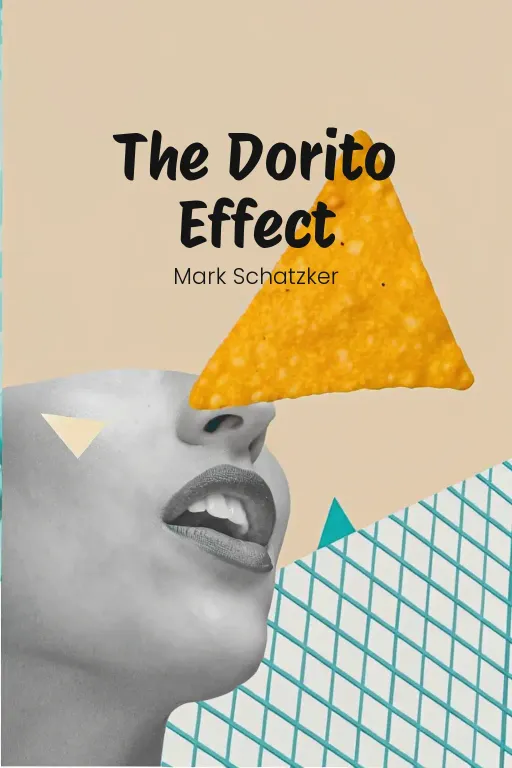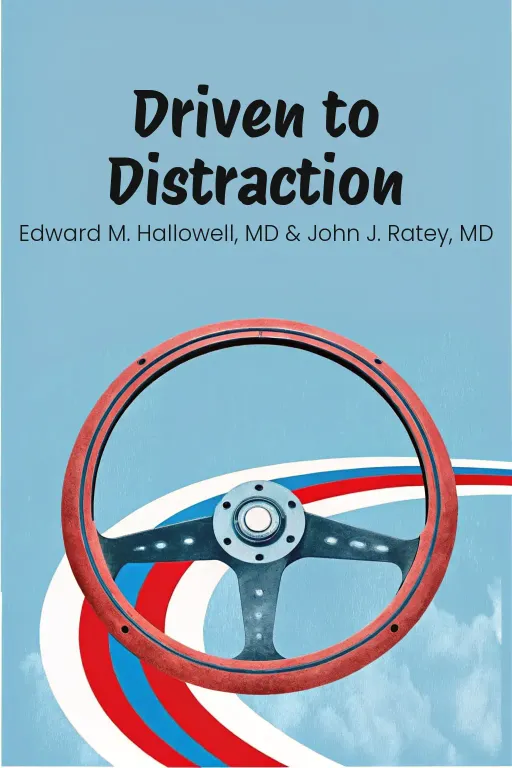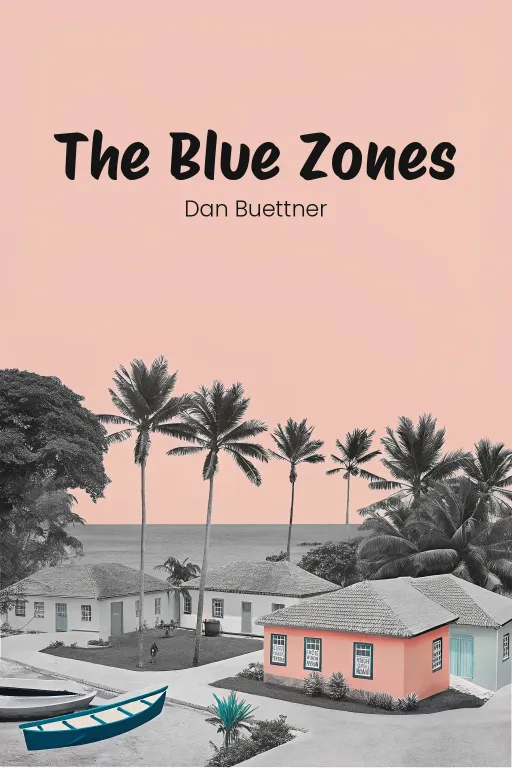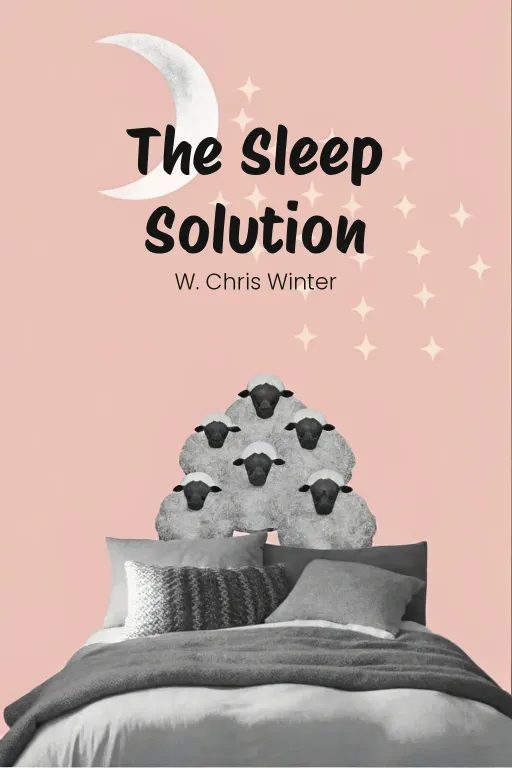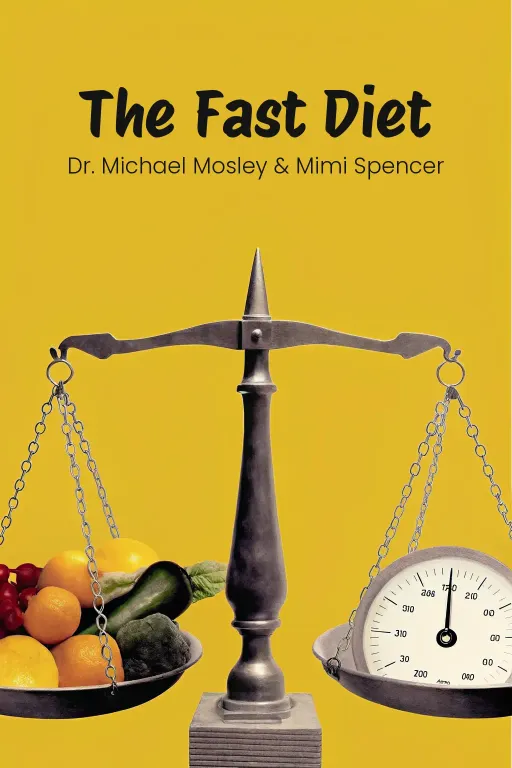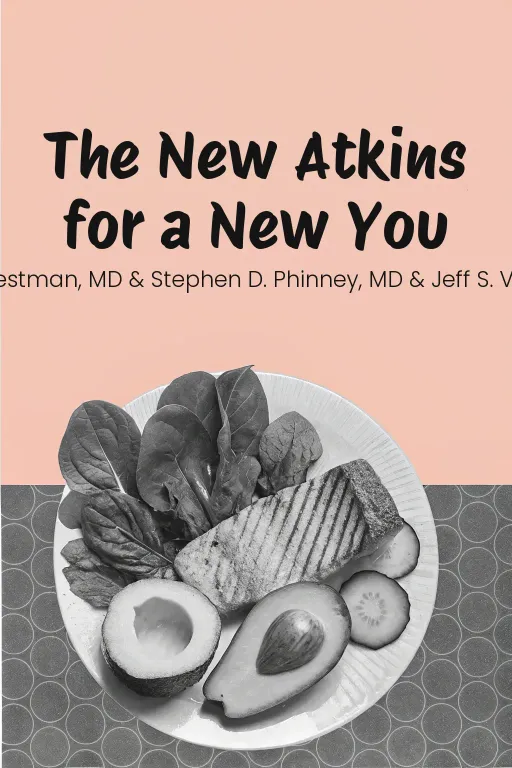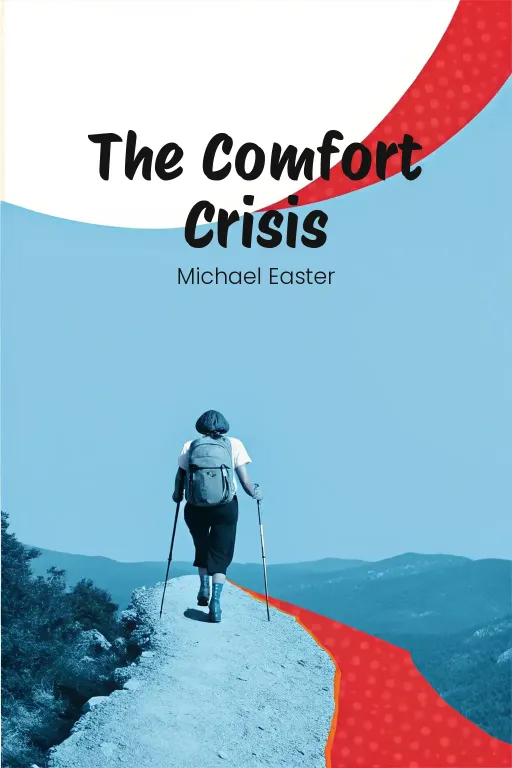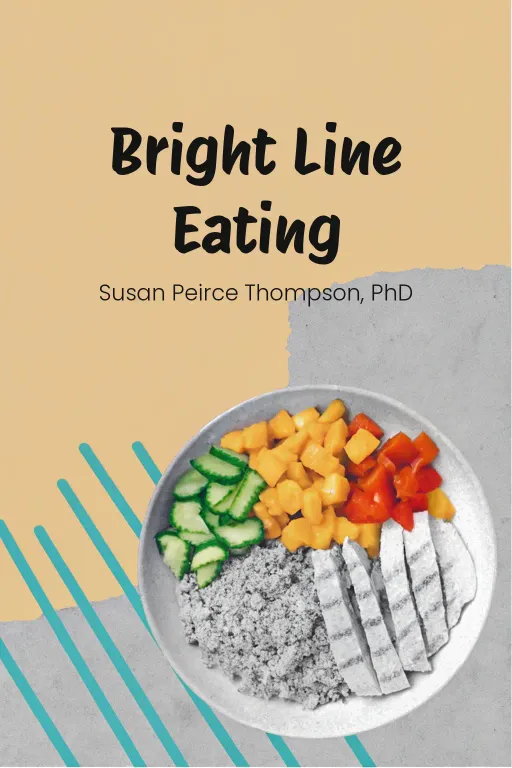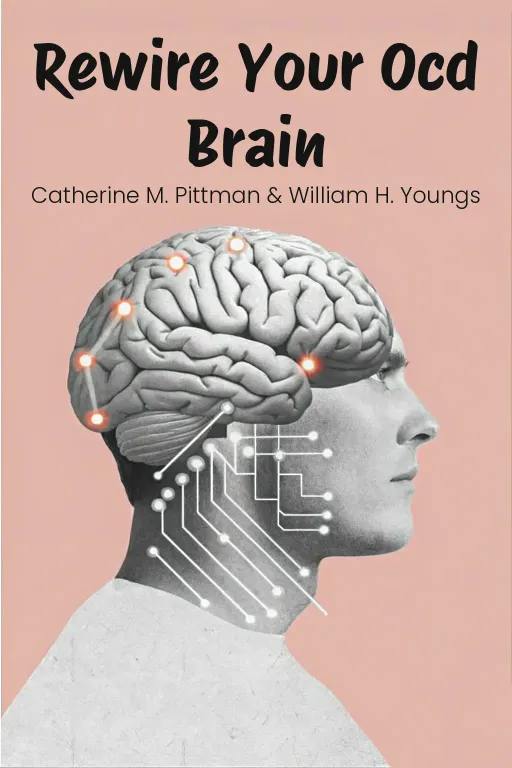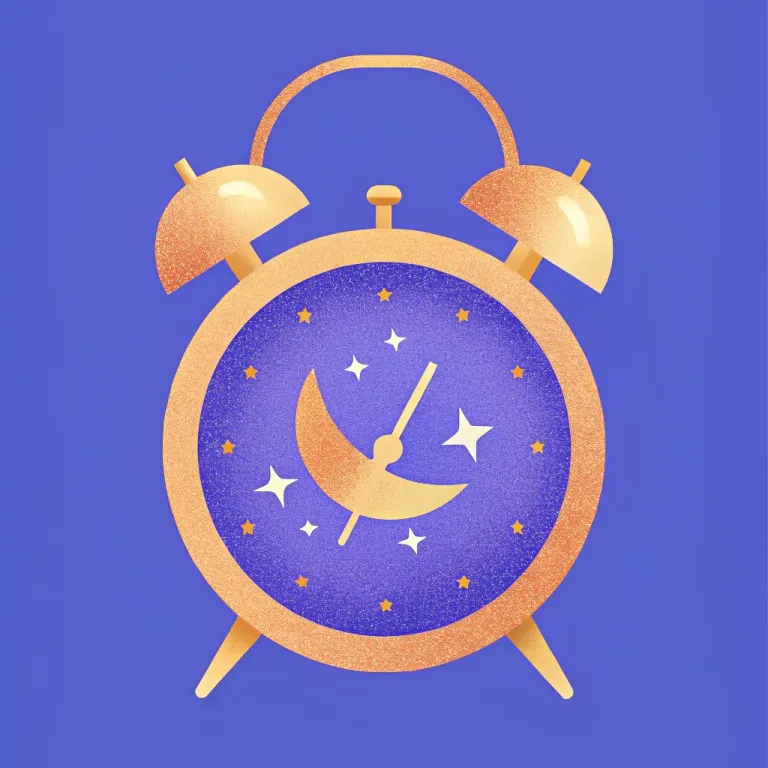
Sleep Smarter: Reclaim Your Nights, Revive Your Life
Podcast by Beta You with Alex and Michelle
Transforming Your Life One Night At A Time
Introduction
Part 1
Alex: Hey everyone, welcome back! Let's kick things off with a question, a slightly uncomfortable one maybe: how many hours did you actually sleep last night? And more importantly, how did that sleep, or lack of it, impact your day? Michelle: Ugh, Alex, already making me feel bad about my life choices here! Alex: <Laughs> You’re definitely not alone, Michelle. Did you know almost 40% of Americans are actually sleep-deprived? That's why we're diving into “The Sleep Revolution” by Arianna Huffington. Her core message is simple and powerful: sleep isn't just some optional downtime; it's a fundamental pillar of health, productivity, and even innovation. Michelle: Exactly, the message is clear, sleep isn't a luxury; it's a basic biological need. But somehow, we’ve created this culture that glorifies the endless hustle and acts like being exhausted is some kind of achievement. Alex: Precisely! Huffington “really” digs into this change in attitude, mixing in some fascinating history, solid scientific research, and some “really” compelling personal stories. And, most importantly, she shows us how we can fix this problem, offering practical steps and some larger solutions that could “really” change our lives. Michelle: Okay, so what’s on the agenda today? What are we going to unpack exactly? Alex: We've broken it down into three main ideas. First, we'll get into the science of sleep, answering the whys and hows of why it’s so important for our bodies and our brains. Then, we'll tackle the cultural myths that have turned resting into something shameful while turning overwork into some kind of strange competition. Michelle: And then, hopefully, we get to the good part, the solutions, right? Alex: Absolutely! From creating personal bedtime routines to addressing societal things like how we redefine expectations in the workplace, we'll explore how prioritizing sleep can “really” change everything. Michelle: Alright, so we're going from science to culture, and then to solutions, sounds like a solid plan for reclaiming our nights. Without losing another minute, let’s get into it… ironically, by talking about sleep!
The Science and Importance of Sleep
Part 2
Alex: Perfect segue, Michelle, because really understanding why sleep matters starts with, well, the science behind it. I mean, how can we fix something if we don’t even understand what's causing the problem? So, let’s dive into the biological foundations of sleep—the circadian rhythms and sleep stages. Michelle: Ah, circadian rhythms. That’s the body’s “master clock,” right? I’ve always thought of it as some internal metronome, you know, ticking along with the rising and setting of the sun. But what's actually happening, like, physiologically, because of this rhythm? Alex: Exactly, it’s like a natural maestro orchestrating your body’s processes. It regulates your sleep-wake cycles, mostly based on light cues. For instance, when it gets darker in the evening, your body releases melatonin, and that’s the hormone that signals it’s time to wind down. At the same time, things like your body temperature drop, and your metabolism slows. All these processes prepare you for restful sleep. Michelle: Got it. So, light and darkness are the conductors here, which makes sense. But, Alex, be honest—how much are people sabotaging this natural clock with relentless screen time? Alex: Oh, big time. The blue light which emits from phones, tablets, laptops—it messes with melatonin production, tricking your body into thinking it’s still daytime. That’s why you hear sleep experts constantly preaching about turning off screens an hour before bed. Michelle: Okay, confession. I'm the guy scrolling on his phone at midnight, convincing myself it’s totally fine because I’ve dimmed the brightness. Alex: And that’s where these habits get so sneaky! Even dim light can disrupt your rhythm. But let’s move deeper into what happens once you actually fall asleep—because the journey through sleep stages is just as fascinating. Michelle: Right, so walk me through the stages. Just give me the highlights here. Alex: Okay, so sleep has two major types: non-REM and REM, which stand for non-rapid eye movement and rapid eye movement, obviously. Non-REM consists of light sleep and deep sleep. When you first doze off, you’re in light sleep—your heart rate slows, your muscles relax, and your brain waves start to shift. But deep sleep, often called slow-wave sleep, is the powerhouse stage. It’s when your body repairs itself—think tissue growth, cell repair, even boosting your immune system. Michelle: So, deep sleep is the body's maintenance phase, like rebooting your computer? Alex: Exactly, and your metaphor works perfectly because REM sleep, the other stage, is more like a creative brainstorming session for your brain. This is when you dream. Your brain’s activity heightens, and it processes emotions, consolidates memories, and even connects ideas in innovative ways. REM is critical for cognitive functions like problem-solving and creativity. Michelle: Whoa, so REM is like a subconscious brainstorming workshop, while deep sleep is like the body’s night-shift repair crew. Alex: I love that breakdown, Michelle! And here’s the thing—your sleep cycles flow through non-REM and REM multiple times a night, which is why consistency and enough sleep are crucial to let these stages work their magic. Michelle: Okay, but let’s push this further—what happens when someone doesn’t get enough sleep? All these stages, the circadian rhythm, the melatonin—what’s the fallout if you’re constantly shortchanging yourself on rest? Alex: Oh, the ripple effects are massive, Michelle. Because sleep isn’t just about feeling refreshed—it’s intrinsically tied to your health. Let me start with some hard science. For example, chronic sleep deprivation raises your risk of conditions like heart disease, obesity, and diabetes. One key study from 2012 in Diabetes Care showed that sleeping fewer than seven hours a night is linked to a 27% higher risk of Type 2 diabetes. Michelle: Wait—sleep affects insulin sensitivity? I mean, that sounds like something out of a biology textbook. And not in a good way. Alex: I know, weird but true. Sleep deprivation messes with insulin, the hormone that regulates glucose levels. On top of that, it disrupts leptin and ghrelin—hormones that control appetite. Essentially, poor sleep makes you crave high-calorie junk food while also limiting your body’s ability to process it efficiently. Michelle: So sleep-deprived me isn’t just bingeing on chips out of weakness—there’s a biological explanation? Alex: Exactly—it’s your body screaming for an energy quick fix. And beyond physical risks, the cognitive impact is just as alarming. A lack of sleep interferes with memory, decision-making, and emotional stability. For instance, research from Berkeley shows that chronic sleep deprivation raises levels of beta-amyloid, a protein connected to Alzheimer’s disease. Michelle: Okay, now we’re talking brain health—and beta-amyloid buildup sounds terrifying. How does not sleeping cause this? Alex: It is. Sleep is the brain’s chance to “clean house,” flushing out toxins like beta-amyloid. When we don’t sleep, it’s like skipping the nightly cleanup crew, leading to long-term risks for neurodegenerative diseases. Michelle: And that’s not just a long-term issue, right? I’ve read studies showing even short-term sleep loss makes people more irritable or emotionally reactive. Alex: Absolutely. A study from the University of Pennsylvania found that people sleeping less than six hours tend to misread neutral situations as negative ones. So, a harmless comment from a co-worker might suddenly feel like a personal slight. Michelle: I think you just described 90% of office drama. Alex: Exactly my point—these emotional misfires can strain relationships, damage workplace harmony, and create a feedback loop of stress. Michelle: Ok, so to recap: skimping on sleep doesn’t just make you cranky—it could set the stage for everything from metabolic chaos to Alzheimer’s. But you also mentioned theories of why we even sleep in the first place. What's the deal there? Alex: Right, scientists approach this with several theories. Brain Plasticity Theory suggests that sleep promotes the brain’s ability to adapt and reorganize. Energy Conservation Theory posits that sleep evolved to save energy during the night, when it’s harder for humans to be productive. And then there’s Restorative Theory, which is all about repair—both mental and physical. Just think of this as your body’s nightly maintenance session. Michelle: Interesting—so evolutionarily, it’s like a survival toolkit. Conserve energy, adapt, fix what’s broken. Makes total sense. Alex: Precisely. And it’s not just theoretical—when you look at memory, for instance, non-REM sleep helps consolidate short-term memories into long-term storage. Meanwhile, REM sleep takes things further by enhancing creativity and problem-solving. Michelle: I read about a Harvard study where sleep-deprived people struggled with puzzles requiring innovative solutions. It’s like their brains lost the ability to think outside the box. Alex: Exactly, and that’s one of the reasons Huffington spends so much time emphasizing the need to prioritize sleep—not just for physical health but for the ability to innovate, create, and thrive. Michelle: So, to tie it together—sleep is basically the foundation for everything: health, emotions, memory, and even creativity. People need to realize it’s not just “resting” but an active state that keeps our entire system running smoothly. Given that, how would someone apply this to modern urban life? Alex: You’re spot on, Michelle. Understanding the science of sleep lays the groundwork for recognizing why we need to make it a cultural and personal priority. From here, we’ll explore why we’ve strayed so far from respecting this essential biological need.
Cultural and Societal Challenges
Part 3
Alex: Understanding the science of sleep naturally leads us to see how societal attitudes have evolved—and often undermined this vital need. I find it both fascinating and frustrating how we went from ancient cultures that revered sleep as, like, divine to modern attitudes that treat it as completely expendable. Michelle: Totally, it really reinforces how warped our priorities have become. I mean, how did we go from building temples for dreaming in ancient Egypt to, you know, celebrating CEOs who brag about sleeping, like, four hours a night? What went so wrong? Alex: That’s exactly what Arianna Huffington explores in The Sleep Revolution. Historically, sleep wasn’t just respected; it was almost sacred. The Egyptians, for example, believed dreams were messages from the gods. People would spend nights in "sleep temples," hoping for divine revelations to guide their lives. Michelle: Sounds like ancient therapy sessions, except your therapist is, well, an actual deity. Alex: Exactly! And the Greeks had a similar reverence, with Hypnos, the god of sleep, seen as a powerful force for restoration and balance. But things “really” took a nosedive during the Industrial Revolution. That’s when the focus shifted entirely to productivity. Sleep started being seen as... well, unproductive. Michelle: Ugh, the Industrial Revolution strikes again—productivity above all else. Let me guess, sleep went from “sacred” to “slacking off,” huh? Alex: Spot on. Corporate leaders began treating workers as cogs in the machine, and anything that didn’t directly contribute to output, like rest, was deemed expendable. And that mindset hasn’t disappeared. Take countries like Japan, where overwork is not just normalized but, like, glorified. The concept of "karoshi," or death from overwork, is the tragic result of this cultural obsession. Michelle: "Glorified" might be putting it mildly; it's practically fetishized! That image of the Japanese salaryman working himself to literal death is haunting. But it’s not just Japan, right? If I cataloged every time someone bragged about pulling an all-nighter like it’s an Olympic event, we’d be here all day. Alex: Exactly. And it’s not just office culture. Take healthcare. Exhaustion is practically a prerequisite. A 2017 study found that 73% of medical residents reported severe fatigue. And there are real, devastating consequences. I mean, a nurse dozing off during a shift accidentally fractured a newborn’s skull. Michelle: That's horrifying. But it also reflects this twisted "martyrdom" mentality, where being sleep-deprived is some badge of honor for dedication. Alex: Absolutely. Huffington highlights this as this dangerous cultural misconception—that sacrificing health somehow equates to being committed or hardworking. And you see this in industries like trucking too, where drivers are pushed to work hours that are, you know, nothing short of inhuman. Michelle: Oh yeah, the infamous Walmart trucker case. That guy had been awake for 28 hours before that fatal crash. It's such a clear example of how these systemic issues around sleep aren’t just individual; they’re societal. Alex: Exactly. Sleep deprivation in the trucking industry contributes to 4,000 deaths annually from drowsy driving. And let’s not forget education; teens are among the most sleep-deprived groups, thanks to early school start times. Michelle: Oh man, I remember high school... waking up at dawn and then sleepwalking through morning classes. But what’s crazy is, we already know the solution! Studies show that starting school later improves focus, reduces depression, the works! Yet only, like, 14% of schools have made the shift. Alex: That resistance to change is a perfect example of how societal norms prioritize tradition—or convenience—over health. And it’s not just schools. Politicians and CEOs constantly perpetuate this toxic narrative, boasting about sleepless nights like it’s proof of their resilience. Michelle: Ugh, I remember during the 2016 elections, politicians wouldn’t stop talking about how they were burning the midnight oil. Honestly, sleep deprivation shouldn’t be a virtue; it's just bad leadership. Even Bill Clinton admitted his biggest mistakes were made when he was too tired to think clearly. Alex: Exactly, and that’s the problem, Michelle. These cultural attitudes trickle down, affecting everyone from students to workers to public safety officials. Just think about the 2013 New York train derailment. The operator was sleep-deprived, and it led to a tragic accident that could have been avoided if rest was taken seriously. Michelle: So, to sum it up, we’ve created this culture where overwork is glorified, and sleep is demonized. And the consequences aren’t just personal; they’re public health crises, economic inefficiencies, and downright human tragedies. Alex: Exactly. But there’s hope. Initiatives like nap pods in workplaces or school districts experimenting with later start times show that people are beginning to wake up—<Laughs> pun intended—to the importance of rest. Michelle: Well, it's about time. Because whether it's truckers on the highway, doctors in surgery, or a teenager prepping for exams, the message should be clear: sleep isn’t optional, it’s non-negotiable.
Solutions and Strategies for a Sleep Revolution
Part 4
Alex: So, recognizing those challenges really highlights the need for real-world solutions to make sleep a priority again. Now that we’ve talked about what’s standing in our way, let’s focus on what we can “actually” do to start a sleep revolution, both personally and on a larger scale. Let's get into some solutions that could really shift our approach to sleep. Michelle: Finally! The "how to fix it" part. Because, let’s be honest, it’s all well and good to say things are messed up, but, practically speaking, what do we do? Where do we even start? Alex: Well, the great thing is, it can start with each of us. Let’s begin with some foundational sleep habits. A transformative first step is setting up a solid bedtime routine. Consistent habits help sync your body’s natural clock – your circadian rhythm – with your daily schedule. Michelle: Wait a minute, bedtime routines aren’t just for kids? I thought we grew out of that! Alex: Nope, not at all! In fact, it might be “more” important for adults, given all the distractions and stress we deal with. Having a regular wind-down period, whether it's reading, journaling, or even just stretching, signals to your brain and body that it’s time to rest. Michelle: Okay, let’s say I commit to reading before bed. What about everything else that can mess with sleep – noise, light, even the temperature in my room? Doesn’t the environment play a huge role? Alex: Absolutely, optimizing your sleep environment is key. Using blackout curtains can block out streetlights, and keeping your bedroom between 60 and 66 degrees Fahrenheit helps your body cool down naturally. Science shows that cooler temperatures are really helpful for falling asleep and staying asleep. Michelle: So, being bundled up under blankets in a cold room is basically science-backed? Sounds like my ideal situation. Alex: Exactly! And one more foundation: cut down on tech before bed. The blue light from our devices messes with melatonin production, which is what helps us fall asleep. Even just a 30-minute tech-free window can make a big difference. Michelle: Okay, you’re describing my worst-case scenario. No screens before bed? What am I supposed to do, just... think? Alex: That's where mindfulness comes in. It's not about banning screens entirely; it's about prioritizing sleep-friendly activities. Maybe swap late-night scrolling for reading or listening to music. And if you “have” to use tech, apps like f.lux can adjust the lighting to minimize blue light exposure. Michelle: Alright, fair enough. Let's shift gears to something people don't always connect with sleep: diet and exercise. Are my late-night snacks hurting my sleep. Alex: In short, definitely. Caffeine and sugar, especially later in the day, can be major disruptors. Caffeine has a half-life of five to six hours. So, that afternoon coffee might still be in your system when you are trying to sleep. But on the other hand, certain foods, like leafy greens, nuts, and fish that are rich in magnesium and B vitamins, can actually help you sleep better. Michelle: And where does exercise come into play? Sometimes, if I work out in the evening, I have trouble falling asleep. Alex: Timing is everything. Moderate exercise earlier in the day can improve sleep depth and duration, but intense activity too close to bedtime can overstimulate your nervous system and make it harder to wind down. So aim for morning or early afternoon workouts when you can. Michelle: Okay, so there’s a lot of personal responsibility here, but realistically, some of this may not be enough for everyone. What about the bigger picture? What societal or structural changes do we need to make sleep more attainable for everyone? Alex: That’s a valid point, Michelle. Individual habits are important, but bigger systemic changes are essential. One glaring problem is how early high schools start, despite tons of evidence that teens need more sleep. Adolescents have natural shifts in their body clocks that make them want to go to bed and wake up later. Michelle: Didn’t I read a study showing that teens who start school just 30 minutes later see improvements in grades, mental health, and even attendance? Alex: Exactly! Research consistently shows that delaying start times aligns with their biological needs, leading to better academic performance and reduced rates of depression. Yet, only a small percentage of schools have adopted later schedules. It shows you how resistant institutions can be to prioritizing health over tradition. Michelle: And then there’s workplace culture. Let's talk about companies with the expectation of constant availability and the 24/7 emails. Are there companies that are actually are getting this right? Alex: Yes, there are some. Google, for instance, has added nap pods to their headquarters, which sends the signal that rest is just as valuable as hard work. Also, Netflix has flexible scheduling policies, so employees can control when they work and rest. Michelle: Okay, but are nap pods and flexible schedules just quick fixes for the bigger issue of hustle culture? Should we also be focusing on reducing overall workload expectations? Alex: That’s a good point, Michelle. Structural change needs to go beyond just the surface level, and creating boundaries for after-hours communication can have a big impact. If leaders really prioritised a healthy work-life balance and protected rest periods, that would set a precedent for everyone else. Michelle: Speaking of cultural change, we are still dealing with toxic narratives around sleep. Do you think we can get rid of the “sleepless hero” stereotype? Alex: That’s the big goal, Michelle. Campaigns like the American Academy of Sleep Medicine’s “Awake at the Wheel” go a long way in raising awareness about the dangers of sleep deprivation. And policies like mandatory rest for pilots and truck drivers go can also help. Michelle: It feels like we need to rebrand sleep entirely, to break this unhealthy glorification of exhaustion. Alex: Completely. Huffington emphasizes that sleep isn't the enemy of success—it helps enable it. People like LeBron James and Arianna Huffington advocate for prioritizing rest. It proves that you can reach peak performance through balance, not sacrifice. Michelle: And that’s a critical point for our listeners. Whether you’re an athlete, a student, or a professional, sleep is the foundation that supports everything else. Without it, every other success becomes unsustainable. Alex: Exactly, Michelle. And with these solutions, we can start to create a world where sleep is properly valued. Because, at the end of the day, sleep is about reclaiming our well-being both as individuals and as a whole.
Conclusion
Part 5
Alex: Okay, so let's bring it all together. We've really dug into the three main ideas from Arianna Huffington's The Sleep Revolution. First, we looked at the science, right? Really understanding our body clocks, those sleep stages, and just how crucial rest is for, well, basically everything—from our physical well-being to how well we think. Michelle: Right. Then, we took a pretty critical look at how our culture has screwed up sleep so badly. I mean, we used to revere sleep, and now we practically worship overwork. The consequences? Honestly, they're tragic, from major public safety failures all the way to widespread chronic health issues. It's a mess! Alex: Exactly. And finally, we shifted gears to solutions. Everything from what we can do personally—like ditching the tech before bed and creating calming routines—to bigger picture changes. I'm talking about things like later school start times and rethinking what's considered normal in the workplace. Michelle: So, the bottom line here? Sleep isn't just "blah" downtime. It's absolutely essential. And we've got to tear down this crazy “hustle culture” that acts like being exhausted is something to brag about. Who benefits from it anyway? Alex: Totally. Taking back our sleep is about building a healthier, more balanced world for everyone. So, here's a little challenge for our listeners: Take a good, hard look at your own sleep habits. Don't just look at how many hours you're getting, but really think about how much you value it. Even small changes can start a revolution, and it can begin right there in your own bedroom. Michelle: Yeah, and remember this: No one accomplishes anything truly great when they're running on fumes. Prioritizing rest isn't being lazy; it's honestly one of the smartest investments you can make in yourself. Think about that!
